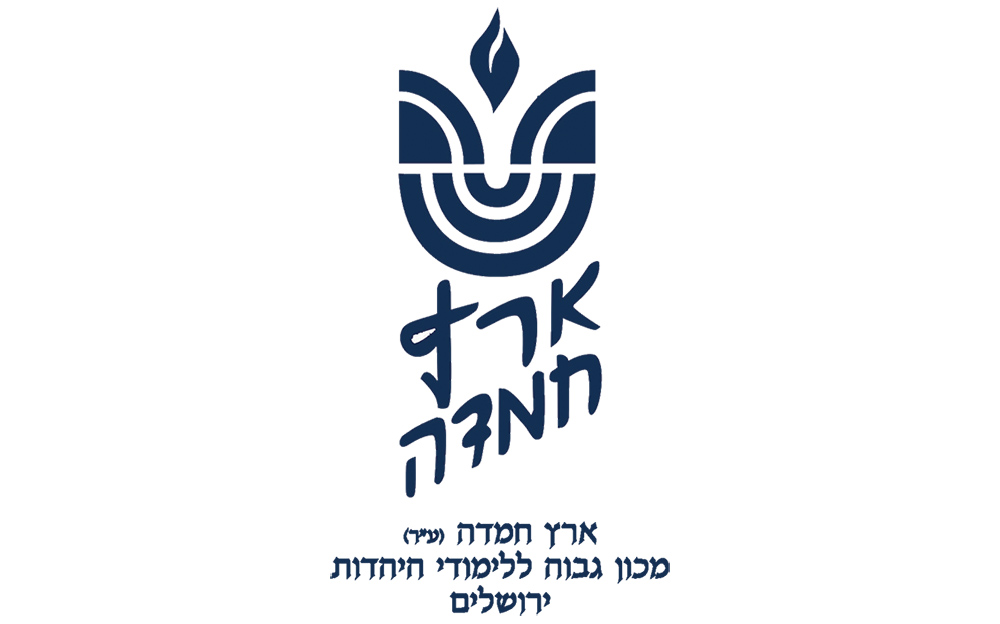
לעילוי נשמת
יואל אפרים בן אברהם עוזיאל זלצמן ז”ל
Question: Putting on tefillin, I (an Ashkenazi), after reciting “… l’haniach tefillin” and fastening the shel yad, recited, “Baruch shem kevod malchuto l’olam vaed,” instead of after putting on the shel rosh. What should I have done at that point?
Answer: The Gemara (Menachot 36a) states that one makes one bracha on tefillin, but makes two, if he talks between putting on the shel yad and shel rosh. One approach in the Rishonim, accepted by the Sephardim (see Shulchan Aruch, Orach Chayim 25:6) is that these numbers are total brachot for the two tefillin. One normally recites only “l’haniach” before fastening the shel yad. If he talks, al mitzvat tefillin is added for the shel rosh. The opinion that Ashkenazim accept (see Rama ad loc.) is that one always recites al mitzvat on the shel rosh. One who spoke also repeats “l’haniach” before the shel rosh.
Therefore, if saying, “Baruch shem kevod malchuto l’olam vaed,” when you did is a full hefsek, you should have recited both brachot on the shel rosh (Shulchan Aruch ibid. 9). The Mishna Berura (ad loc. 32) adds that one should move the shel yad from its place and back and tighten the strap right before reciting “l’haniach.”
The Mishna Berura (25:21) cautions not to recite, “Baruch shem kevod malchuto l’olam vaed,” before securing the shel rosh in its proper position and says that reciting it early creates a bracha levatala, requiring repeating the bracha. As he treats, “Baruch shem kevod malchuto l’olam vaed,” at the wrong time as a hefsek even bedieved, it follows that you—as an Ashkenazi—should have made the two brachot before putting on the shel rosh.
A few things trouble me about this Mishna Berura’s contention (Rav Y.S. Klein—not famous—also raised these issues.) 1. If the early “Baruch shem kevod malchuto l’olam vaed,” is like talking, both brachot should be repeated, yet his language implies that only al mitzvat tefillin is repeated! If he means only one bracha, why and what would it mean for our case? 2. The Mishna Berura’s source (Pri Megadim, Eishel Avraham 25:10) says that early “Baruch shem kevod malchuto l’olam vaed,” is a hefsek, but he does not say whether one must repeat the bracha. The Shulchan Aruch (Orach Chayim 167:6) says that although one should not say anything between Hamotzi and eating the bread, if it was related to improving the meal, the bracha need not be repeated. One would think that “Baruch shem kevod malchuto l’olam vaed,” said a little early, is related enough to not disqualify!
There are other reasons why a mistimed “Baruch shem kevod malchuto l’olam vaed,” might not disqualify. The reason for “Baruch shem kevod malchuto l’olam vaed,” after al mitzvat tefillin is the possibility that it is levatala (see Magen Avraham 25:10). This is based on the Yerushalmi (Brachot 6:1, accepted by Shulchan Aruch, Orach Chayim 206:6) that the affront of desecrating Hashem’s name with a bracha levatala is mitigated by using the bracha as a prompt for “Baruch shem kevod malchuto l’olam vaed.” This makes it similar to saying “Baruch hu uvaruch shemo” (see Shulchan Aruch, Orach Chayim 124:5) after hearing His name in a bracha. There is a machloket (see Mishna Berura 124:21) whether the bracha of one who says, “Baruch shem kevod malchuto l’olam vaed,” when he should not have is disqualified. Maaseh Rokeiach (Brachot 1:11) assumes that even if the one making the bracha inserts “Baruch shem kevod malchuto l’olam vaed,” into his bracha, it is not levatala. It makes sense that a misplaced “Baruch shem kevod malchuto l’olam vaed,” would be subject to the same machloket.
There is logic that reciting something one thought was appropriate for the bracha but was mistaken (like here) is not a hefsek bedieved. It even seems to have a clear source—if one recites on whiskey, “… melech ha’olam borei pri hagafen shehakol nehiya bedivaro,” the mistaken words are not a hefsek bedieved (Shulchan Aruch, Orach Chayim 209:2). Rav Preil (Rav of Elizabeth; Hamaor, volume I, 12) says it is because the mistaken part was said with the intention of it being right (see Shemirat Shabbat Kehilchata 47:218). Rav Kook (Orach Mishpat 127) argued, saying it is because he “erased” the mistaken words.
In summary, I am torn between “pulls”:
- Follow the Mishna Berura’s apparent opinion to make two brachot on the shel rosh. 2. Consider the Shulchan Aruch’s ruling (to which the Rama is sensitive) that after talking, one makes one bracha plus our suggestion that “Baruch shem kevod malchuto l’olam vaed,” is better than talking and apply safek brachot l’hakel.
Rabbi Mann is a dayan for Eretz Hemdah and a staff member of Yeshiva University’s Gruss Kollel in Israel. He is a senior member of the Eretz Hemdah responder staff, editor of Hemdat Yamim and the author of “Living the Halachic Process Volumes 1 and 2” and “A Glimpse of Greatness.”










